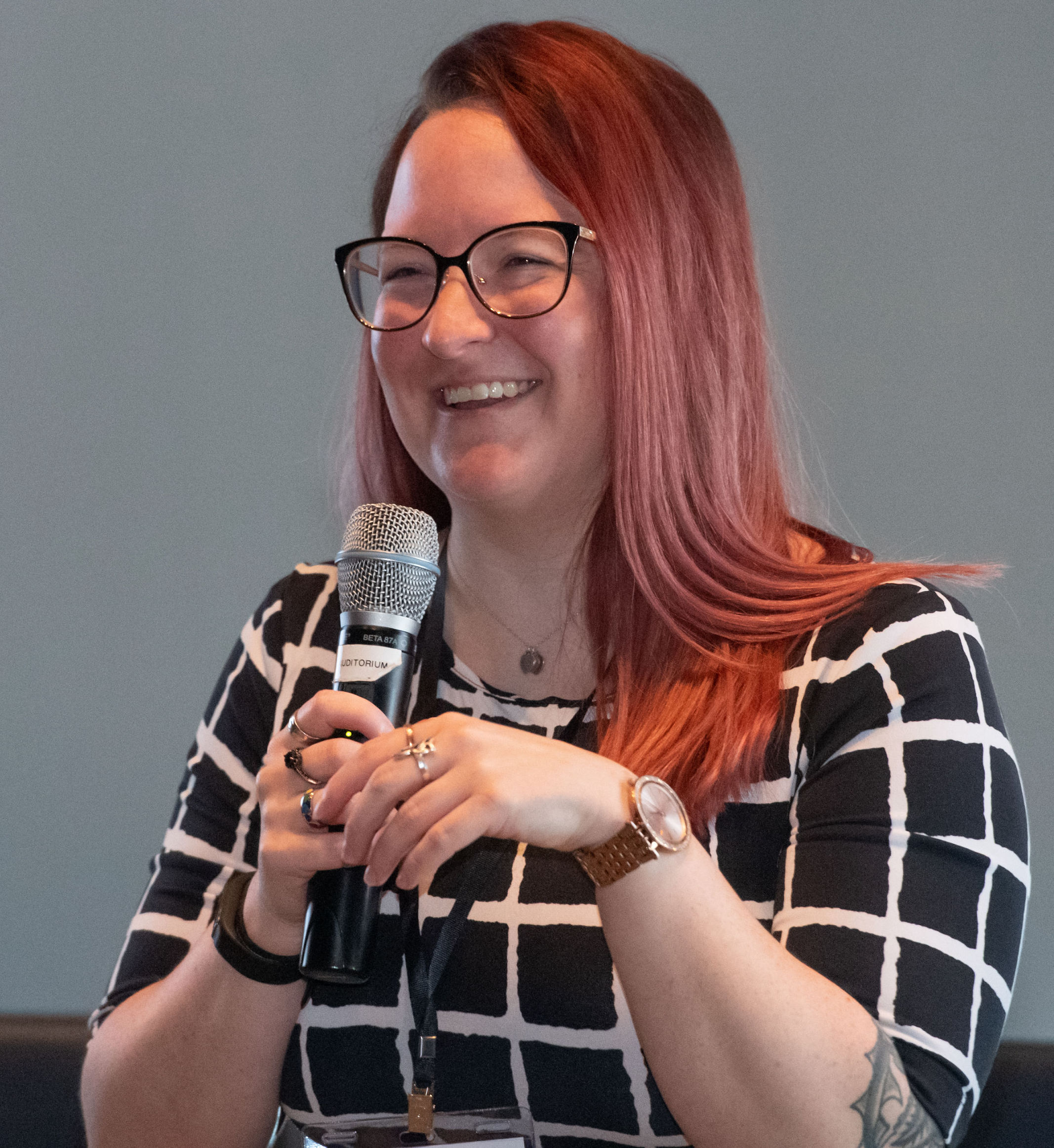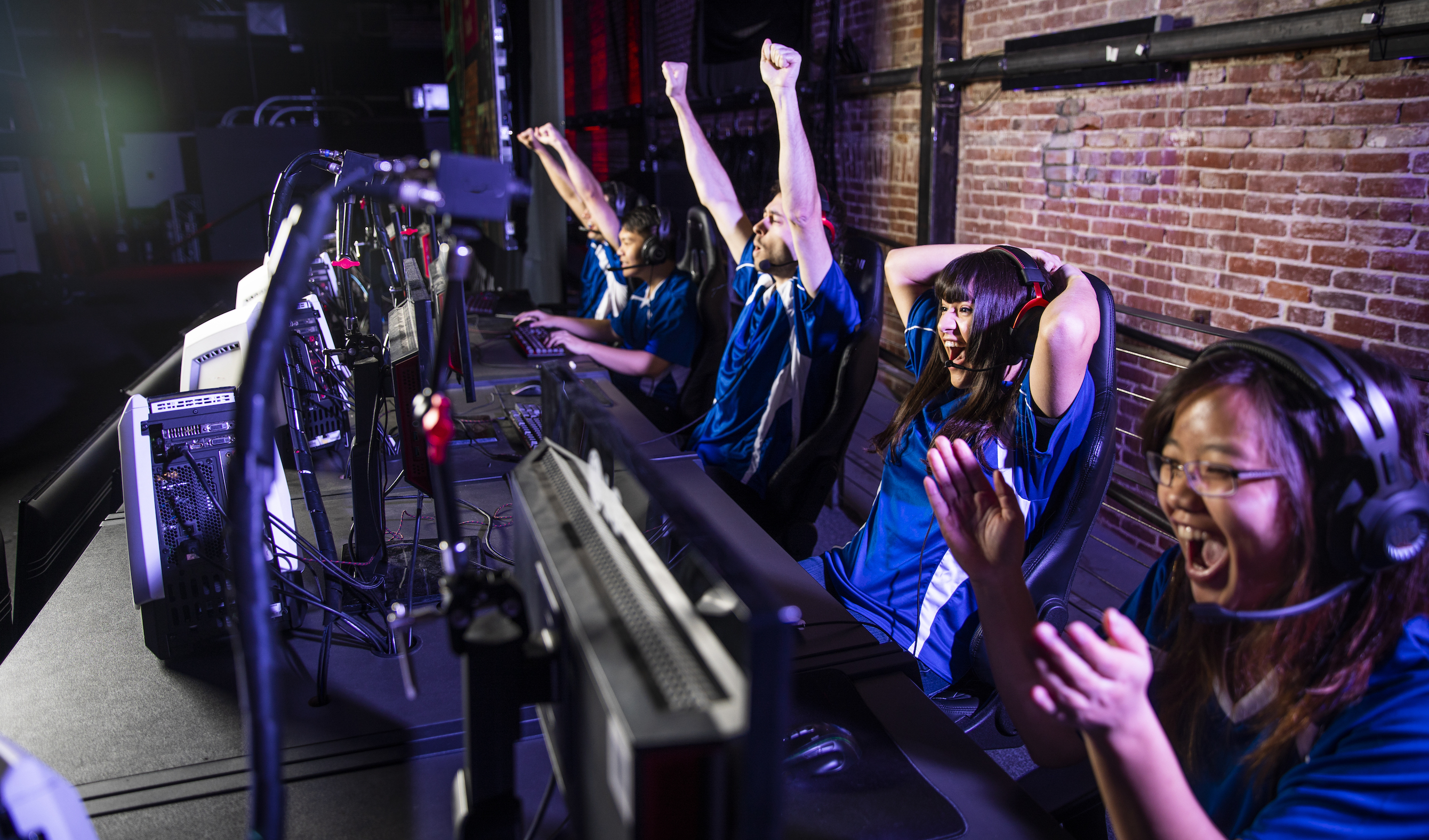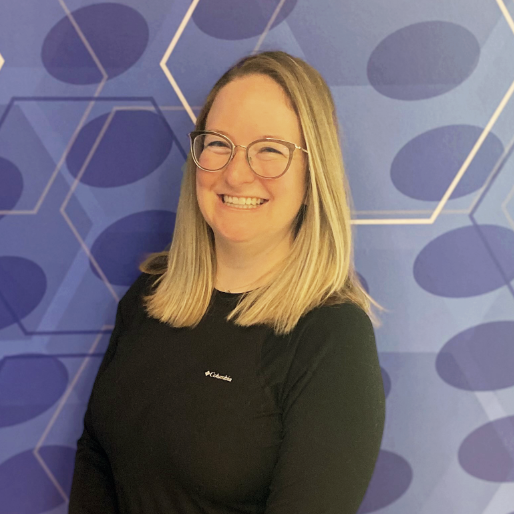Ashley "AJ" Jones is a featured panelist on the Creating or Expanding Your Higher Ed Esports Program Roundtable, Wednesday, August 24 at 2:00 p.m. ET. Register today!

Ashley "AJ" Jones is the Director of Membership Sales and Services at the National Association of Collegiate Esports (NACE) since joining the team in August 2021. In her role, Jones works with the NACE membership team to develop and implement a comprehensive recruitment and retention plan. Jones is NACE’s primary representative for more than 200 colleges and universities. Before joining the NACE team, Jones served as the Esports Head Coach at Park University in Parkville, MO, and launched the university’s first esports program.
Esports by the Numbers
The National Association of Collegiate Esports (NACE) is the largest gathering of varsity programs throughout North America that started with seven institutions in 2016 and currently has over 210 institutions. The data doesn't lie—collegiate esports is here to stay and has continued to grow at a rapid pace since 2014.
The first varsity esports program in the United States was launched by Robert Morris University in 2014. This past academic year, the NACE Starleague competition welcomed 693 institutions and 13,351 students. There were 1.36 million live views of the Grand Finals of the NACE Starleague.
Ashley "AJ" Jones is a featured panelist on the Creating or Expanding Your Higher Ed Esports Program Roundtable, Wednesday, August 24 at 2:00 p.m. ET. Register today!
Opportunities for Higher Education with Esports
The opportunities in higher education for varsity esports programs know no bounds. Institutions have various reasons for wanting to start a varsity program. Do you want to recruit, engage, and retain a new population of student that you may not have captured before? About 80 percent of students involved in their varsity esports program are not involved in other activities on campus. Do you want to create a national title winning team for the marketability and exposure? Collegiate esports in its infancy and is not yet structured to create competition between institutions that only fall within their division or athletic conference. That means even a small community college in Kansas can win a national championship, which actually happened for Independence Community College this past academic year. For the students that are involved in their esports program, they also will be exposed to a variety of future employment opportunities.
Esports is on the Rise
The esports and gaming industries continue to flourish and the experience esports programs members athletes will acquire from participating in a collegiate esports program will put them ahead of the game. I believe esports are on the rise now due to marketability, accessibility, and a gradual change in mindset. The marketability of esports on the professional level has exploded and are now receiving sponsorships and partnerships with everyday companies such as Coca-Cola and Audi. Esports can be more accessible to the average viewer through apps like Twitch and YouTube as well as the growth in popularity of mobile gaming—you no longer need a high-end PC or console to participate. Throughout time, we are also starting the shake the notion that gaming is "a waste of time" and nerdy in nature. As gaming and esports becomes more mainstream, esports will continue to rise.
Many small private institutions from around North America have had varsity esports programs for a few years and I believe that will continue to trend upwards. The most interesting trend I am currently seeing is NCAA Division 1 (D1) institutions beginning to create varsity programs themselves. Institutions like Boise State, Kansas, Mizzou, Maryland, and Ole Miss to name a few. There will be more and more NCAA D1 institutions coming online in the next three to five years and will create another wave of increased interest in collegiate esports.
High-tech Esports
Other than high-end PCs and blazing internet speeds to support them, we are seeing more and more expansions of esports programs that are including broadcast studios, and spectator viewing. When thinking of spectacular collegiate esports spaces, Full Sail, Boise State, and St. Clair College all can host an in-person audience, broadcasting operations being run by students, and even classrooms where esports academic programming can occur. Projectors, consoles, PCs, broadcast equipment, screens, virtual reality, interactive whiteboards, and more are beginning to fill these spaces at a rapid pace. I am passionate about my work in helping institutions launch their esports programs and I would be more than happy to connect with anyone on your campus who may want to dive into the wonderful world of varsity collegiate esports.

